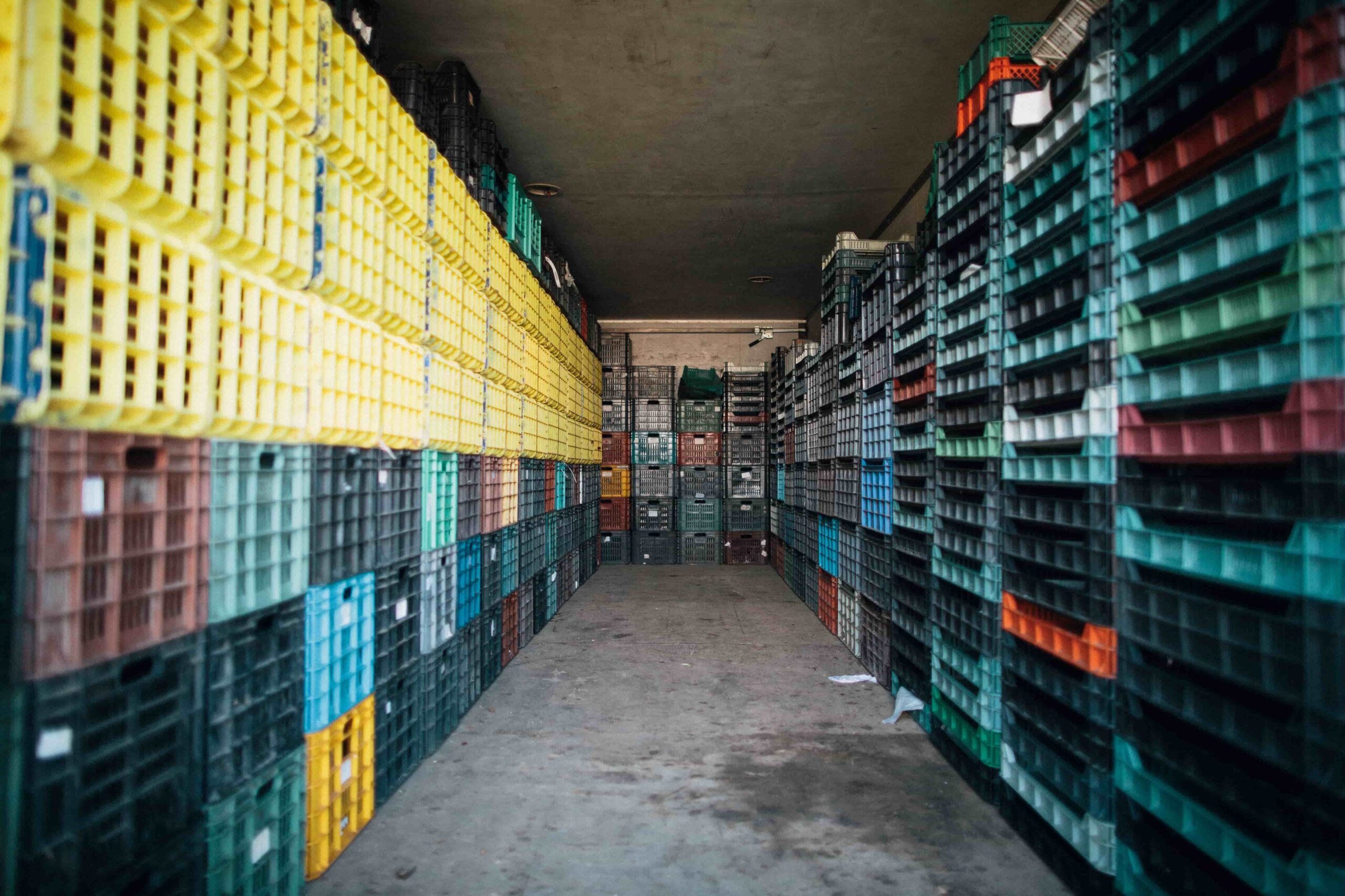
Supply chain: elements and structure
20 April 2023
The supply chain is the set of processes that are responsible for bringing goods or services from the supplier to the end customer. This chain is very important in business management, as it can have a great impact on the efficiency and profitability of a company.
The supply chain is made up of several key elements that must be carefully managed to ensure its proper functioning. These elements include inventory management, production planning, supplier management, transportation and logistics, among others.
One of the most important elements of the supply chain is inventory management. This involves keeping close control of the products held in stock, and planning purchases and sales to ensure that you always have adequate inventory to meet customer demand. Inventory management can also include materials management, as many companies need raw materials or components to produce their products.
Another important element of the supply chain is production planning. This involves planning the quantity of products to be produced, the time it will take to produce them, and the cost associated with production. Production planning must be closely coordinated with inventory management to ensure that sufficient products are available to meet customer demand.
Supplier management
Supplier management is also a key element of the supply chain. This involves selecting the right suppliers, negotiating prices and contract terms, and ensuring that quality and delivery time specifications are met. Supplier management is critical to ensure that you have access to the right products and materials at the right time.
Transportation and logistics are also important elements of the supply chain. This involves managing the means of transportation to get products from the supplier to the end customer. Logistics can also include the storage and distribution of products, and the management of orders and shipments.
In general, the supply chain is structured in several levels. At the top of the chain are the suppliers of raw materials and components, who supply products to manufacturers. The manufacturers transform these raw materials and components into final products, which are then shipped to wholesalers or distributors. Wholesalers or distributors are responsible for storing and distributing the products to retailers or end customers.

Supply chain and responsibilities
Each of these levels has its own processes and responsibilities. Suppliers are responsible for providing the products and materials needed for production, while manufacturers are responsible for transforming these products and materials into final products. Wholesalers and distributors are responsible for the logistics and distribution of products to retailers and end customers.
In the supply chain there are also different types of risks that must be carefully managed. For example, there may be delays in product delivery due to external factors, such as natural disasters or transportation problems.
Risks within the inventory and the supply chain
There can also be internal risks, such as problems in production or inventory management. Therefore, it is important to have a contingency plan and adequate risk management in place to minimize negative impacts on the supply chain.
In summary, the supply chain is a crucial element in business management, and its proper functioning can make the difference between the success and failure of a company. Proper management of the different elements of the chain, such as inventory management, production planning, supplier management and logistics, is essential to ensure that products or services reach the end customer at the right time and with the expected quality.
In addition, it is important to have a contingency plan and adequate risk management to minimize negative impacts on the supply chain. In short, the supply chain is a complex process that requires careful and continuous management to ensure business success.
 1Last In, First Out (LIFO): Loa...
1Last In, First Out (LIFO): Loa...29 March 2025
 2Intermodal Transport: Keys to ...
2Intermodal Transport: Keys to ...24 February 2025
 3Role of Logistics in Natural D...
3Role of Logistics in Natural D...18 November 2024
specific topic?
Comments (0)
There are no comments yet. Be the first!